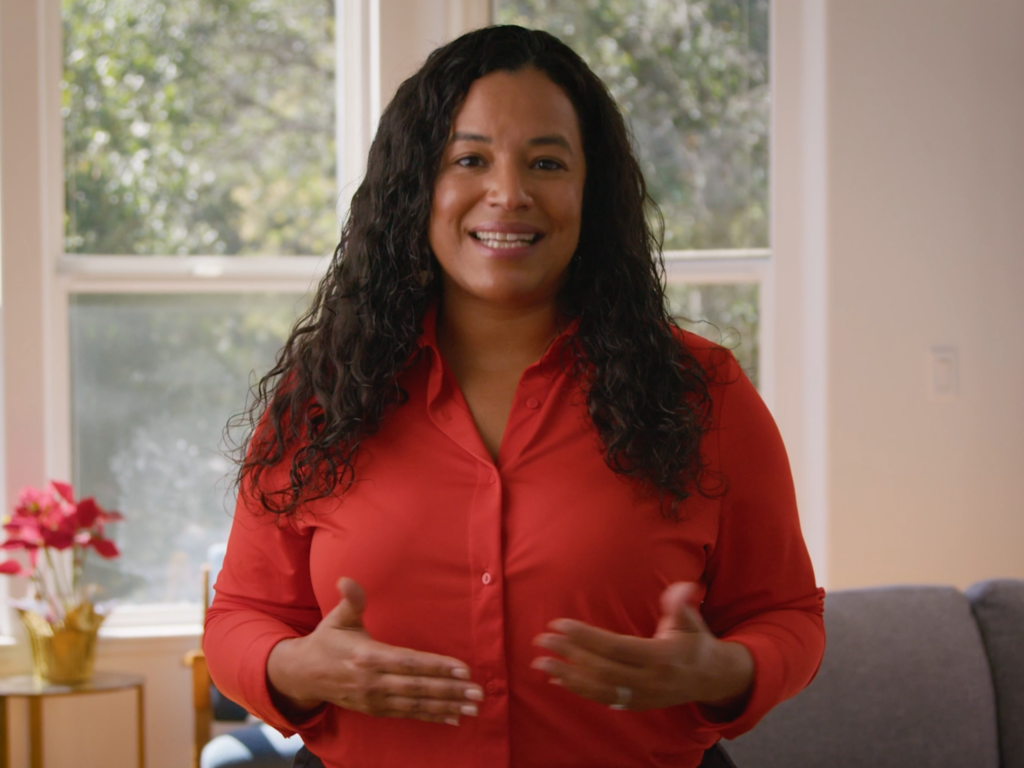Today, Grantmakers for Education (GFE) is releasing a case study that chronicles our ongoing efforts at NewSchools to become a more diverse, equitable and inclusive investor and organization. I’ll be joining my colleagues Frances Messano and Deborah McGriff when the case study — which also features the work of the Lumina Foundation– is discussed by other funders who are interested in our journey. The case study details the diversity, equity and inclusion (DEI) efforts both we and Lumina have undertaken in our grantmaking strategies and within our respective organizations.
Having written many cases when I was on the faculty of Harvard Business School, I value them as a tool for learning about how leaders and managers address real situations. I thought the release of the GFE case provided a good opportunity to share some internal data about how we are doing and our areas for growth. This additional data is a good quantitative supplement to the narrative in the case.
Earlier this year our team at NewSchools completed a survey as part of a field-wide project that culminated in a study based on data collected from more than 5000 individuals in 200 education organizations. The study, “Unrealized Impact,” includes information about organizational demographics, policies, and practices. Each participating organization received their own data, but only aggregated results were included in the public report.
I believe those of us who lead education organizations can make more progress if we work together on common challenges. It’s in that spirit that I decided to share our internal data from the study.
When I took the helm at NewSchools three years ago, I worked with the team and board to develop a new investment strategy. We invest in innovative schools and ed tech tools, as well as pipelines of diverse education leaders. We believe that the next wave of education innovation will be more effective and sustainable if it includes more Black and Latino entrepreneurs and leaders. Our goal is to increase the number to 40% to reflect the racial and ethinic makeup of public schools students.
Along with the strategy shift, I committed to increasing the number of people of color on our team and board of directors, and we have made good progress. We took the survey with full knowledge that we have a racially diverse team — currently 33 percent of our full team, 57 percent of our leadership team, and 25 percent of our board identify as Black or Latino. More than 50 percent of the team identifies as a person of color. However, we didn’t know what the rest of the survey would reveal about our culture, policies, and practices.
Overall, our team found NewSchools to be more diverse, equitable and inclusive than the average education organization that participated in the survey. The survey also points to areas where we can continue to make progress.
Our scores are generally high, but some questions were rated lower than others. For instance, our team rated us high on having an explicit commitment to inclusion at 92 percent, but only 75 percent say we talk frequently about power and privilege and work to eliminate exclusion. This is certainly more advanced work, and it was not a complete surprise to hear that some on our team see it as an area for development.
And though I was pleased to see our team reported a low overall experience with discrimination in our organization (just two people), I was also saddened to know it happened to anyone at all. I want to get this number to zero and ensure everyone feels they have someone in the organization they can reliably turn to if they experience or witness discrimination.
We have the most work to do to deepen our team’s understanding of our commitment to equity in our career advancement and compensation systems. Though our team gave us high marks for our commitment to equity, only two thirds of NewSchoolers agree that compensation and promotions are implemented equitably. This number is on par or better than other organizations on these measures, but we’re obsessive about implementing our compensation and promotion systems equitably, so we need to find ways to be more explicit about how this shows up, while still honoring the confidentially of individual employee data.
In some places, mismatches in the data have led us to try to better understand the perceptions of team members. For instance, though 96 percent believe our hiring process yields a diverse team, only 72 percent agree our recruiting practices yield a diverse candidate pool.
We’ve made an intentional decision to advance DEI across several fronts at NewSchools. It’s a key part of our investing, field-building and internal work. The data shows we’ve made a lot of progress, and there are areas where we can keep improving. My hope is that by sharing this data and the places we want to grow, we might inspire others to reflect on their own data and determine areas they want to continue to advance DEI. We would also love to learn alongside others who have similar areas of growth, so please let us know if you would like to compare notes.
Our full survey results can be found at the link below. Please feel free take a look: /wp-content/uploads/2017/10/DEIStaffExp_NewSchools-Venture-Fund_2017.pdf


